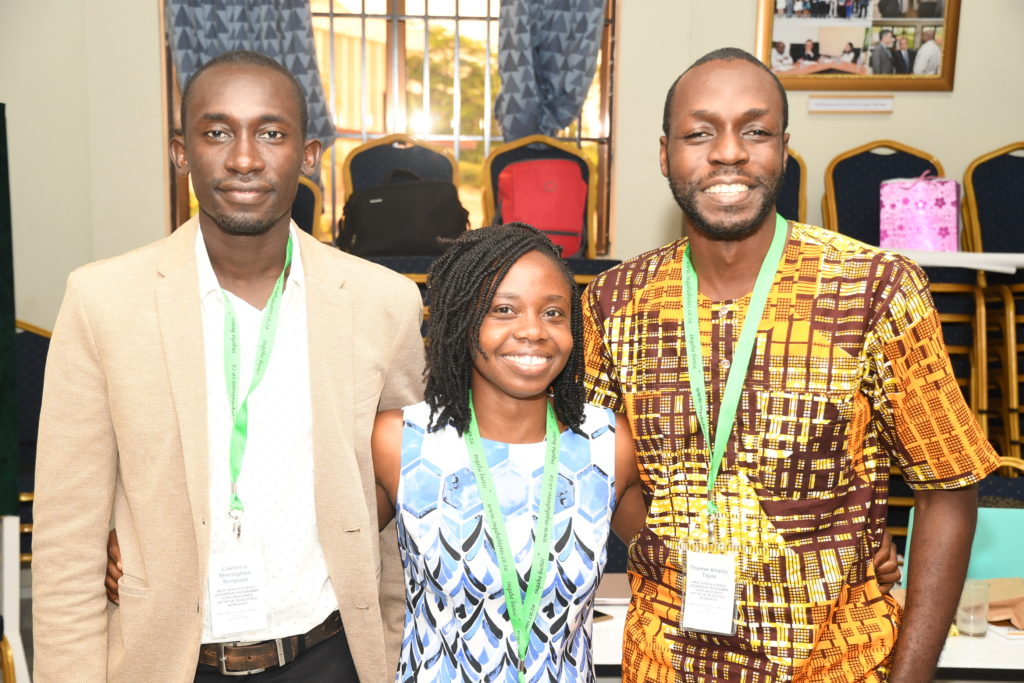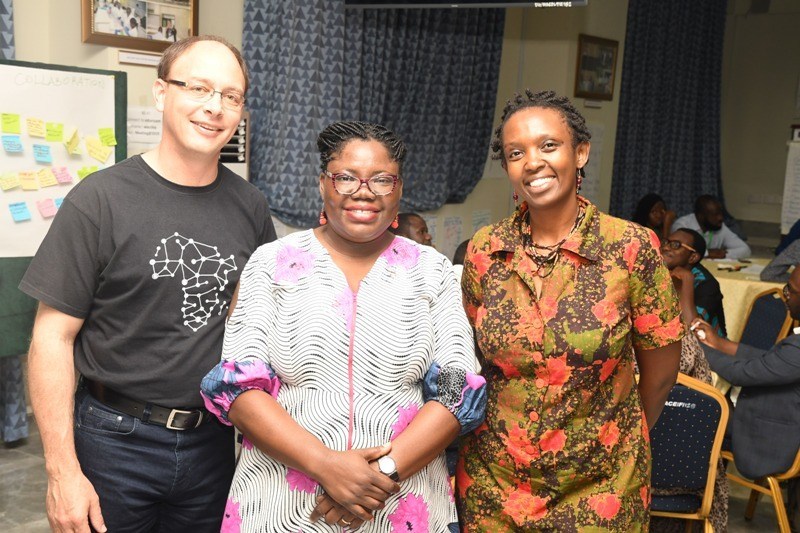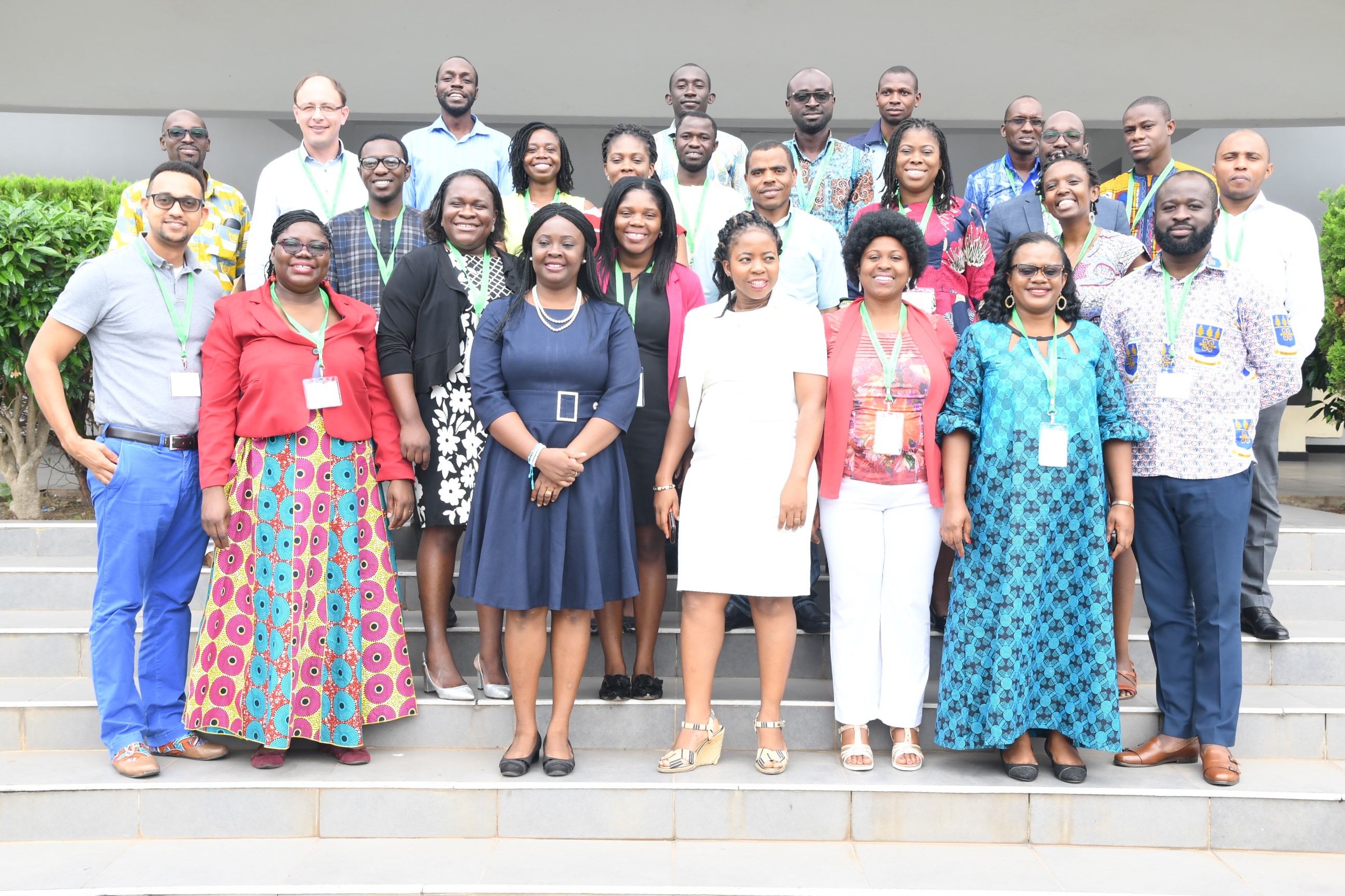The first ever West Africa Science Leadership Programme (WALSP) has been held at the West African Centre for Cell Biology of Infectious Pathogens (WACCBIP), University of Ghana, Legon.
WASLP which is an off-shoot of the Africa Science Leadership Programme (ASLP) trains early career researchers in collective leadership, personal branding, public engagement and soft skills. The programme aims also at helping researchers identify their individual leadership initiatives. WASLP is a joint initiative of the Africa Science Leadership Programme (ASLP) and the African Science Initiative (ASI)
Participants were selected from various countries in West Africa through a competitive process. Some Ghana Young Academy members took part in the WASLP, both as participants and mentors.

The workshop was organized by Dr. Lydia Mosi, Head of Department for Biochemistry, Cell and Molecular Biology. Lydia is a 2018 Fellow of the African Science Leadership Programme, who is passionate about bringing this opportunity to many more African researchers. Dr. Mosi was strongly impacted by this programme and considers it a life-changing moment for her.
Prof. Bernard Slippers and Dr. Connie Nshemerierwe brought their experience of facilitating an ASLP workshop to help make this a success. The workshop is intended to be held annually and hopefully spread throughout the country on various campuses.

Background
ASLP is an initiative of Future Africa, University of Pretoria and the Global Young Academy, with the support of the Robert Bosch Stiftung. The programme grows mid-career African academics in the areas of thought leadership, team management and research development and enables them to contribute to the development of a new paradigm for science in African, focused on its contribution to solving the complex issues facing both Africa and the global community.
Photo credit: Theophilus Dugah.

